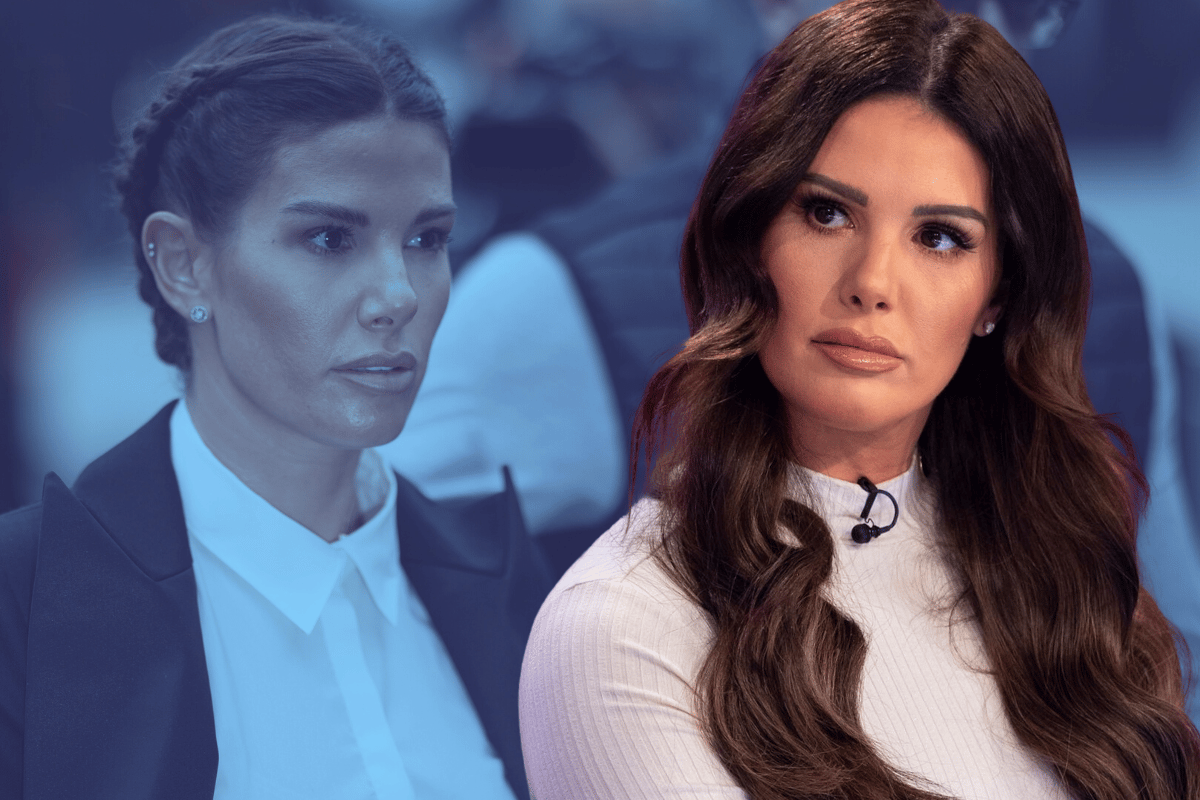
Content warning: This story includes descriptions of child sexual abuse that may be distressing to some readers.
'Wagatha Christie' and its highly publicised court case took the world by storm last year.
It was between Coleen Rooney and Rebekah Vardy, two women who are media personalities in the UK and are known for being the wives of two famous footballers.
In 2019, Rooney conducted an Instagram investigation so sophisticated it earned her the title 'Wagatha Christie' in the UK press. She claimed that Vardy was the person behind a series of leaked stories about Rooney's family.
Months later, Vardy launched a high court defamation lawsuit against Rooney. Then Vardy lost the case in 2022.
In a written ruling, the judge said that Rooney's allegation was "substantially true", and that Vardy had been involved in the leaking of stories against Rooney to the press.
Ever since, Vardy has kept a quiet profile, occasionally posting predominantly family photos to Instagram. But this week, she is launching a new documentary with British TV network Channel 4 where she opens up about her traumatic childhood.
Watch: Rebekah Vardy opens up about how she spent Christmas during her Jehovah Witness upbringing. Post continues below.

